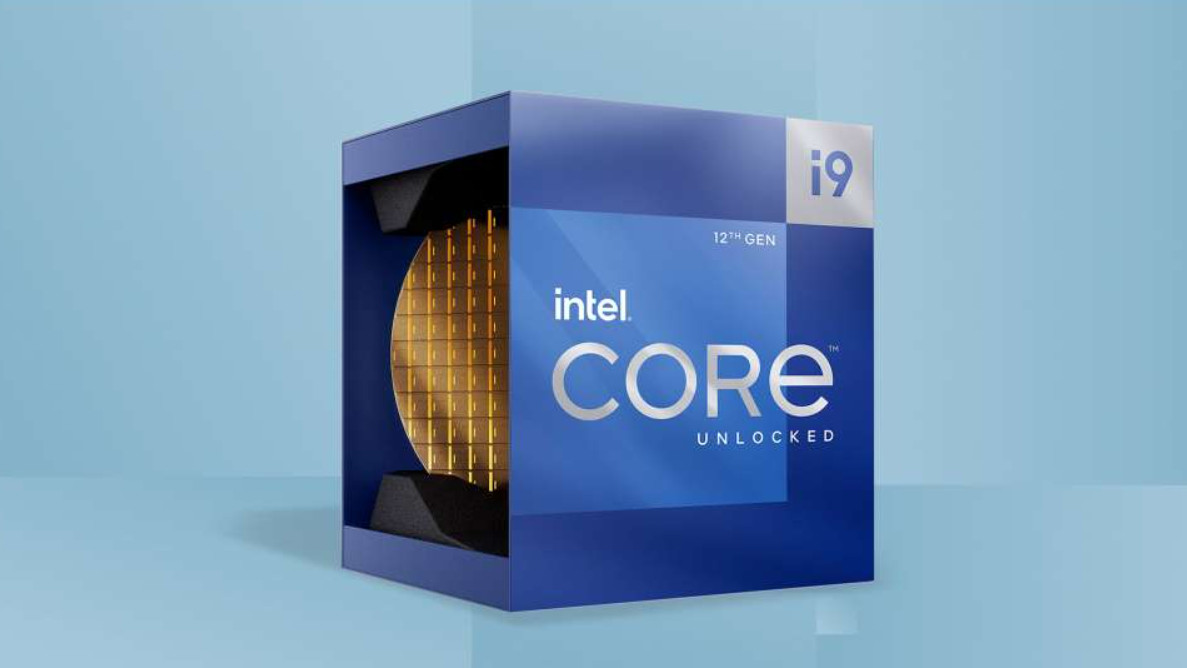Intel Meteor Lake CPUs could arrive later than expected, requiring a new motherboard
LGA 2551 socket purportedly glimpsed for the first time

Sign up for breaking news, reviews, opinion, top tech deals, and more.
You are now subscribed
Your newsletter sign-up was successful
Intel’s Meteor Lake processors are due to arrive late in Q4 of next year, with laptop chips turning up earlier, according to a fresh rumor which also insists that the 14th-generation desktop CPUs will require a new socket (though that isn’t much of a surprise – we’ll discuss that in more detail later on).
In other words, this means that desktop owners who’ve bought into Alder Lake which introduced its own new socket – or the incoming next-gen Raptor Lake which will continue to use that socket – will need a new motherboard if they want to upgrade to Meteor Lake (which represents a big step forward for Intel in terms of finally getting to 7nm).
This rumor peddling comes from Moore’s Law is Dead (MLID) on YouTube, a regular source of hardware leaks that insists that the purported new LGA 2551 socket won’t be much different to the current LGA 1700 in size (just slightly bigger), but it’ll be a lot more dense with pins (having 50% more of them, in fact, the leaker believes – airing a photo of what’s supposedly a Meteor Lake chip showing the pin configuration).
We already knew Meteor Lake is due for 2023, but it’ll apparently be the fourth quarter before desktop chips are released, with laptop CPUs debuting earlier, most likely in Q3 (though the mobile processors could just sneak in at the very end of Q2, MLID doesn’t seem very convinced about that).
Arrow Lake, which would be Intel’s 15th-gen CPUs, are still set to turn up in 2024 (in the second half of the year), the leaker asserts, and as you might expect will stick with the same socket as Meteor Lake.
With Arrow Lake, the theory is that Intel will really load up with efficiency cores, piling on 32 of them with the flagship (alongside 8 performance cores, which is apparently what Team Blue is going to stick with for the next few generations, electing to drive forward with efficiency cores instead).
Analysis: Some slippage, but no real surprise on the socket front
As noted, Intel has already told us that Meteor Lake is due for 2023, but previous rumors indicated that the 14th-gen chips might come earlier in the year than MLID now believes. What seems to have happened is that Intel’s planned schedule has seen some slippage, so desktop Meteor Lake won’t arrive until the final quarter of next year now – and indeed the leaker reckons next-gen Raptor Lake has been held up too.
Sign up for breaking news, reviews, opinion, top tech deals, and more.
Apparently, we won’t see those 13th-gen desktop chips until potentially December 2022 (though a paper launch might happen around September or October – in other words, an initial reveal to at least whet our appetite).
At any rate, going back to Meteor Lake, with an apparent delay this silicon could end up squaring off against Zen 5, MLID theorizes, rather than Zen 4 as Intel wanted. Of course, take major handfuls of salt with all of this, and we could equally throw question marks over the possibility of AMD coming out with Zen 5 in a timely fashion next year, frankly.
The other news here is that Meteor Lake will shift socket and require a motherboard upgrade, meaning that the new LGA 1700 socket is only going to be good for two generations of processors, Alder Lake and Raptor Lake.
However, this is no big surprise really, as Meteor Lake is a big change – dropping to 7nm – and it’s fairly standard practice, for Intel at least, only to support a couple of generations of processors with a socket (LGA 1200, which preceded LGA 1700, was only good for Comet Lake and Rocket Lake, if you recall).
Via VideoCardz
Darren is a freelancer writing news and features for TechRadar (and occasionally T3) across a broad range of computing topics including CPUs, GPUs, various other hardware, VPNs, antivirus and more. He has written about tech for the best part of three decades, and writes books in his spare time (his debut novel - 'I Know What You Did Last Supper' - was published by Hachette UK in 2013).